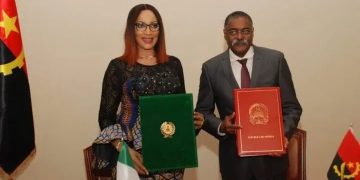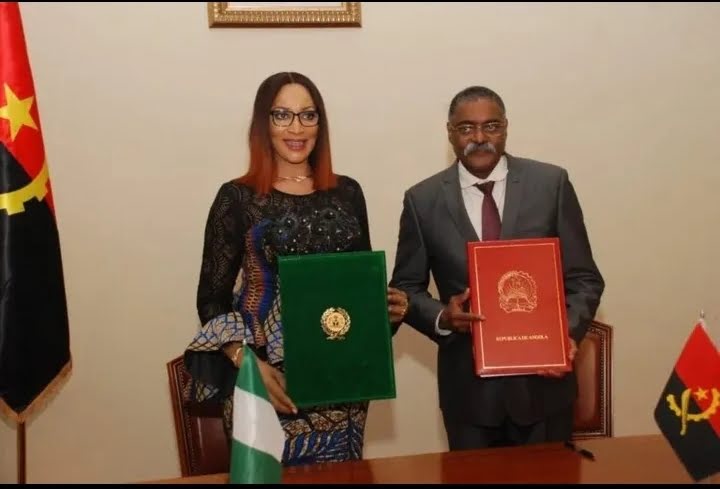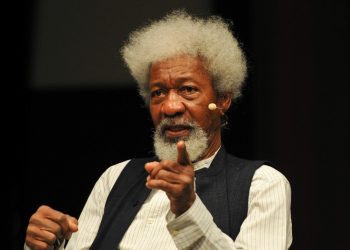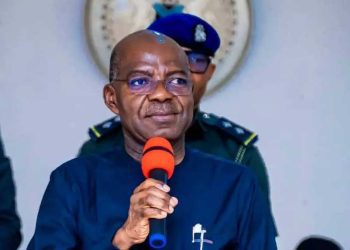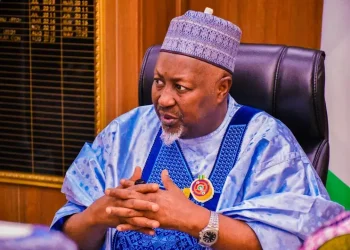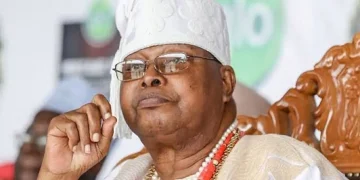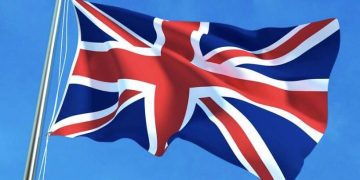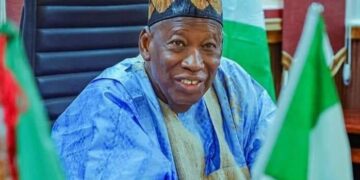The Federal Republic of Nigeria and the Republic of Angola have signed a number of important agreements to strengthen their relationship. These agreements cover different areas, such as fighting against the illegal production and trade of dangerous drugs, improving cultural cooperation, and encouraging exchange programmes between the two nations.
Speaking at the signing ceremony, Nigeria’s Minister of State for Foreign Affairs, Ambassador Bianca Odumegwu-Ojukwu, explained why these agreements are so important. She said that the three days of meetings between the two countries were not only a chance to review their past relationship, but also an opportunity to create new plans for closer cooperation. According to her, both Nigeria and Angola share the same goals: achieving steady economic growth, creating jobs, encouraging people-to-people connections, and reducing poverty.
Odumegwu-Ojukwu also stressed that the agreements should not be seen as mere formalities. Instead, they form part of a bigger strategy to build long-term partnerships. One of the key highlights was the “twinning agreement” between Bayelsa State in Nigeria and Namibe Province in Angola. This partnership will promote economic, political, cultural, social, educational, and scientific collaboration. The goal is to help both regions grow, provide more jobs, and fight against poverty and underdevelopment.
The agreements were signed by Ambassador Odumegwu-Ojukwu on behalf of Nigeria, while Angola was represented by its Secretary of State for International Cooperation, Ambassador Domingos Lopes. The event was also attended by Governor Douye Diri of Bayelsa State and his Angolan counterpart, Governor Archer Mangueira of Namibe Province, who signed the Bayelsa–Namibe cooperation agreement.
Another similar agreement was signed between Nasarawa State in Nigeria and Bengo Province in Angola. This one focuses mainly on social and economic development, showing that the cooperation is not only happening at the national level but also at the regional level.
The statement also revealed more outcomes from the talks. These included plans to introduce visa waivers to make travel between both countries easier, simpler customs procedures to boost trade, and the creation of new business and investment opportunities. Nigeria also welcomed Angola’s openness to Nigerian banks and financial institutions, which could help grow the economies of both countries.
The talks also covered the creative and cultural industries. Both nations signed an agreement to promote cooperation in arts, film, music, and cultural festivals. This means that there will be joint projects such as film and music co-productions, touring arrangements, and exchange programmes for artists.
To encourage tourism, Nigeria proposed the launch of an international boat cruise between the Nigerian and Angolan coasts. Ambassador Odumegwu-Ojukwu highlighted that such a project could become a major attraction, especially during Nigeria’s festive “Detty December” celebrations.
She also explained that the discussions went far beyond the agreements signed at the event. In total, 28 draft Memoranda of Understanding (MoUs) were presented. These were reviewed carefully by various committees, and further talks will continue to refine them. She acknowledged the hard work of officials from both sides, noting that long hours were spent in order to reach balanced agreements.
The minister reminded both countries that negotiations are about compromise. She said that while neither side could get everything it wanted, the agreements signed represent a fair balance of shared responsibilities and mutual interests. She further assured Angola of Nigeria’s strong commitment to building this partnership.
Finally, the statement noted that both countries agreed to sign additional MoUs that are still being refined at a later date. This means that the Nigeria–Angola relationship is expected to grow even stronger in the future, covering more areas of cooperation and partnership.
